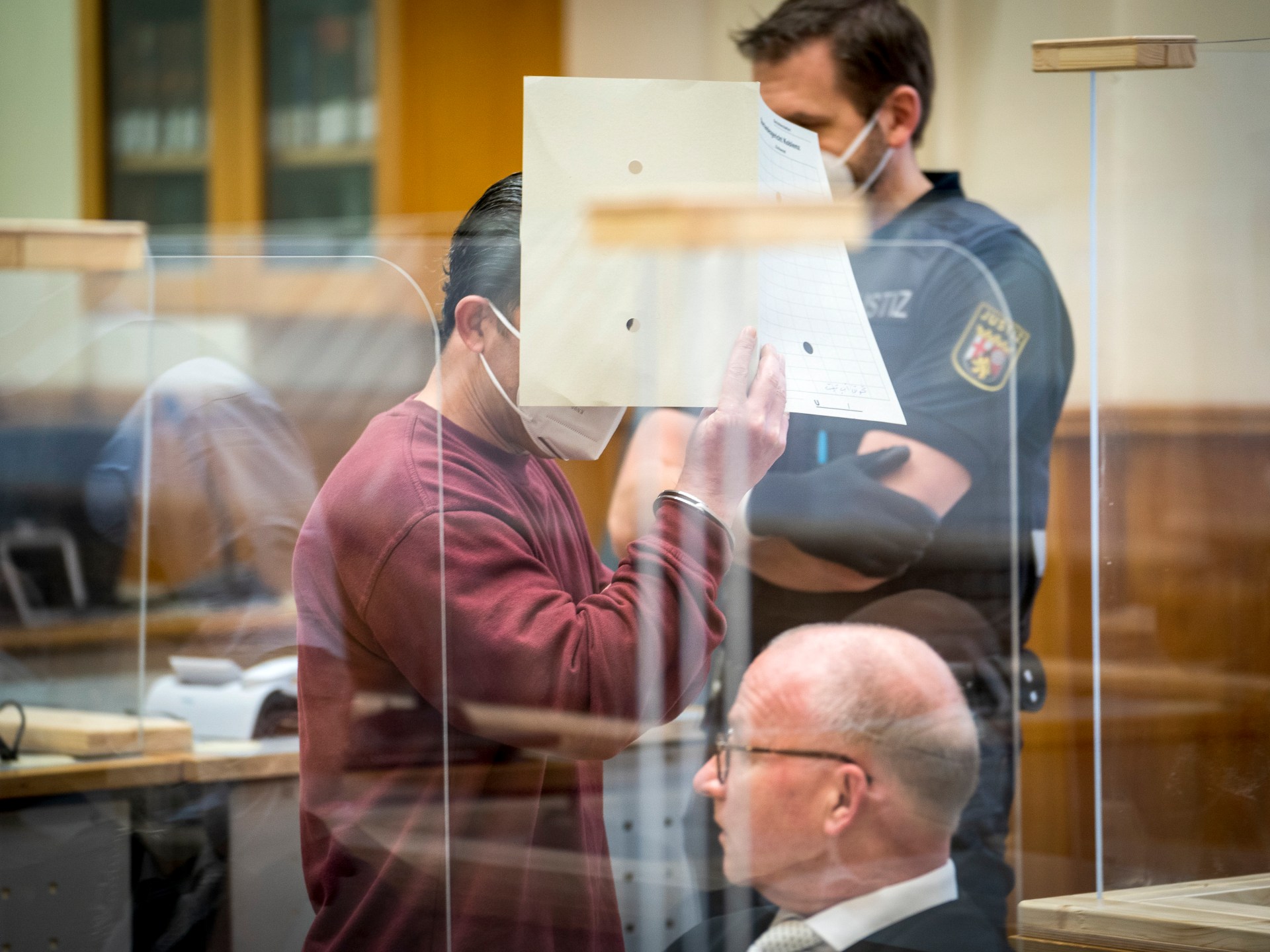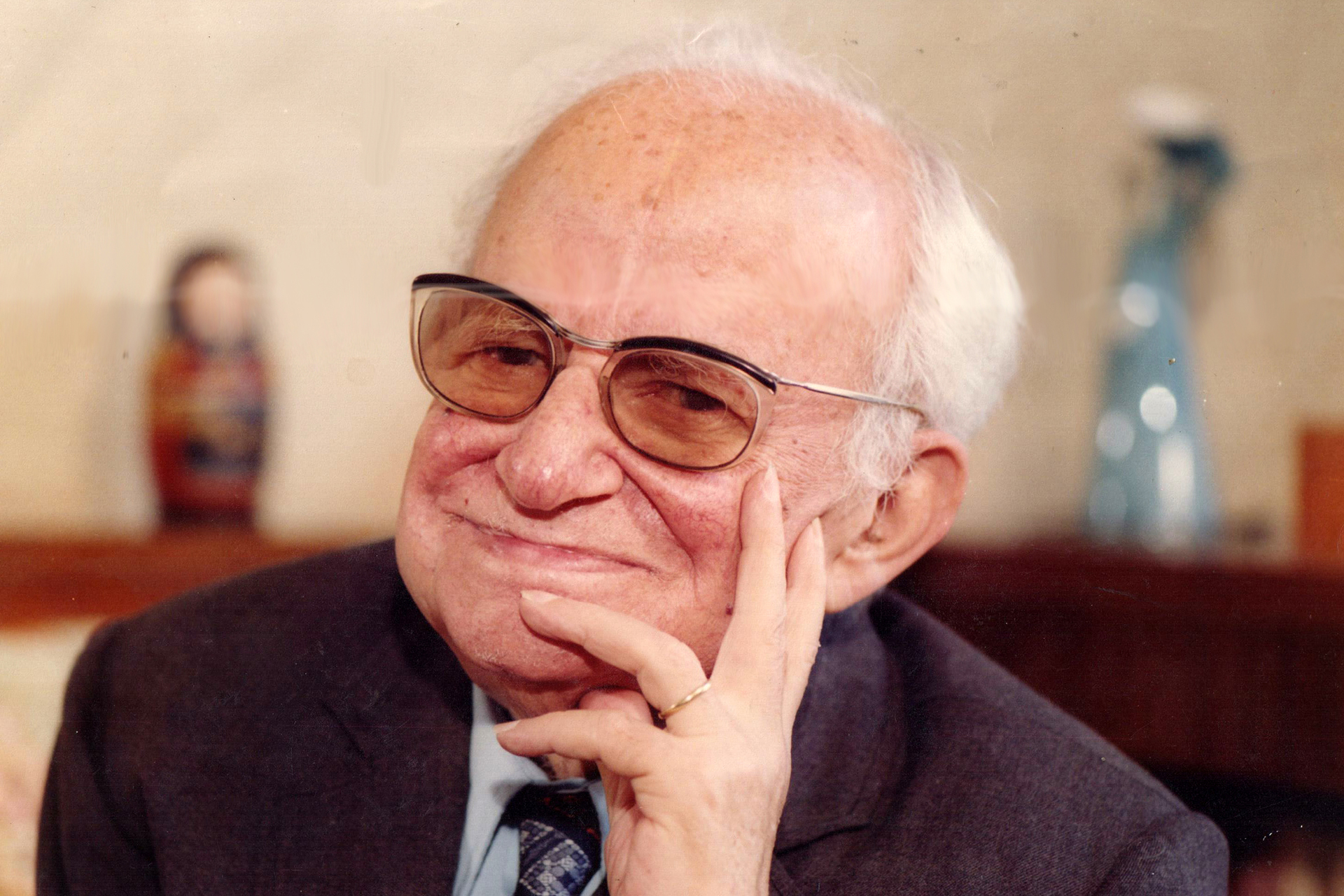Tuesday, September 30, 2014, was not like the rest of the days in the life of a Syrian refugee recently in Germany. On that autumn afternoon, the man, Anwar al-Bunni, and his wife left their residence inside the Marienfelde refugee camp, where they had been staying since their arrival in the capital, Berlin, for the purpose of shopping at a nearby store that sold Turkish goods.
As he was about to leave the residence, Al-Bunni’s attention was caught by the passage of a person coming from the opposite direction. He suspected that he had seen him somewhere before, especially since he greeted him. He whispered in his wife’s ear, saying – according to his account to the British newspaper The Guardian and to Al Jazeera Net – “I know this man, but I could not remember him well.” After a few days passed, during which he forgot about the man, Al-Bunni was surprised by a friend of his asking him in the form of a report: “Did you not know that Anwar Raslan is staying with you in the Marienfelde camp?”
Al-Bunni, who was shocked to hear Raslan’s name, says, “Then I realized the matter.” To begin with that moment of realization, the first episode of a long judicial process that has succeeded so far in hunting down 3 Syrian intelligence men and 2 loyalist militiamen, who had entered Germany as asylum seekers, and subsequently prosecuting them for the crimes they committed during the war, in accordance with the principle “universal jurisdiction” Which allows a state to prosecute perpetrators of crimes against humanity, regardless of their nationality or where their crimes occurred.






